The Importance of Regular Vehicle Maintenance
By
By
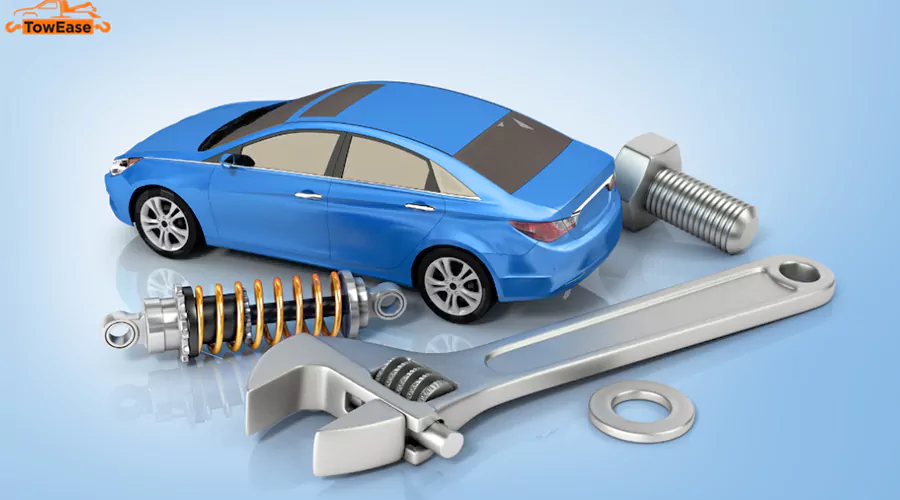
It is very important to service your car to increase its durability, reliability, and efficiency. Maintenance is cheaper in the long run and also reduces the chances of car breakdowns and accidents happening. In this article, we will look at the main causes of vehicle maintenance, the advantages of the process, and some of the questions people may have.
Maintenance checks are important to ensure that any safety concerns are detected early and prevented from escalating into major concerns. For instance, brake pads that have been used for some time or tyres with little tread can greatly enhance the chances of an accident. This way, you minimize the chances of mechanical breakdowns that may result in accidents on the road.
Ensuring ReliabilityA car that has been well maintained is not likely to develop a fault at any one time. This is done to ensure that the most important systems such as the brake, steering and suspension systems are in good working condition and this provides the driver with the much-needed confidence while on the road.
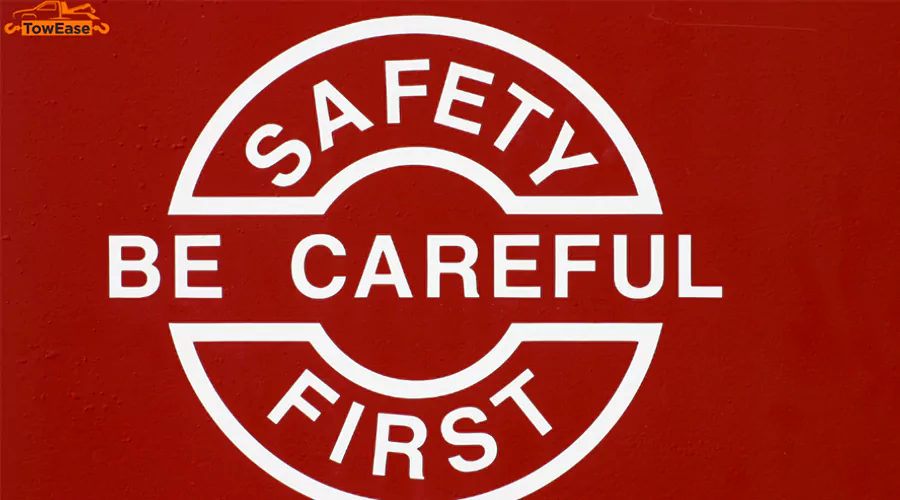
Cleaning the engine and replacing the oil and air filters are some of the regular services that are done to ensure that the engine is in its best state. New oil coats the engine parts and minimizes rubbing, which may cause the heating up of the parts. A clean air filter allows the right amount of air to get to the engine which is very important for the combustion process.
Enhanced Fuel EfficiencyA well-maintained vehicle will use less fuel than a poorly maintained one. Maintenance activities such as checking that the tires are correctly inflated and that the engine is in good condition can go a long way in helping you save on fuel costs.
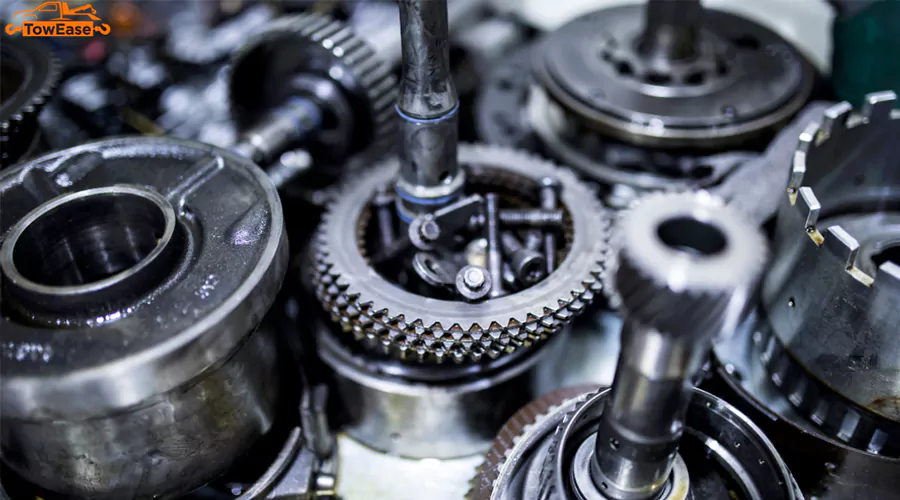
This way, you can detect and repair small problems before they become big and expensive problems. For instance, changing a worn-out timing belt is relatively cheaper than having to fix an engine that has been affected by a faulty belt.
Avoiding Emergency RepairsThe cost of emergency repairs is usually higher because of the time and the possible towing services. It is a way of ensuring that you do not incur such expenses since you are always servicing your car to ensure it is in good working condition.
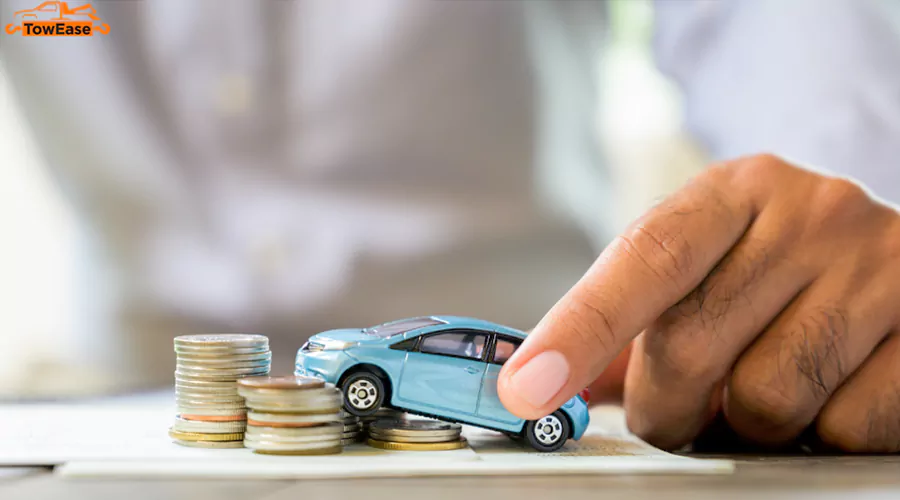
Maintaining your car through the various services increases the life expectancy of the car. Maintenance of the engine, transmission, and other vital components helps your car to run for a long time.
Preserving ValueCars that are serviced often are likely to remain in better shape, in terms of their mechanical and physical appearance. This preservation can be important if you intend to use the vehicle for a long time.

A well-maintained car is more attractive to potential buyers since it is in good condition and will perform better than a poorly maintained car. This is because minor problems if not checked often end up becoming major problems that lower the value of the car.
Providing Maintenance RecordsA proper maintenance record is important because it proves to the potential buyers that the car has been well maintained. This transparency is good for the buyer since it creates confidence and may at times result in a higher price for the product.
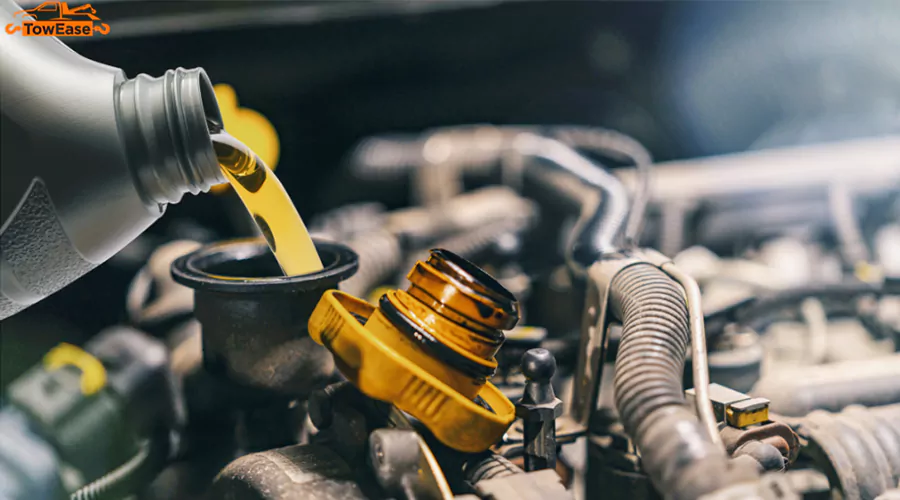
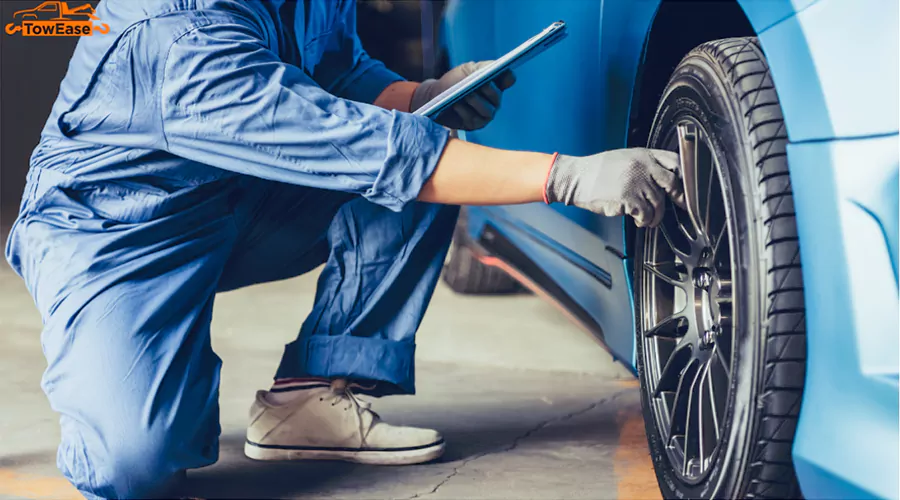
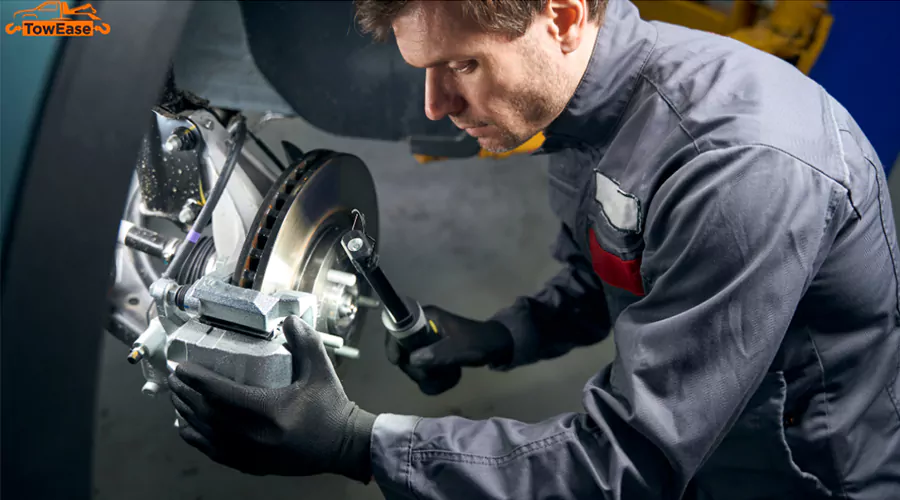
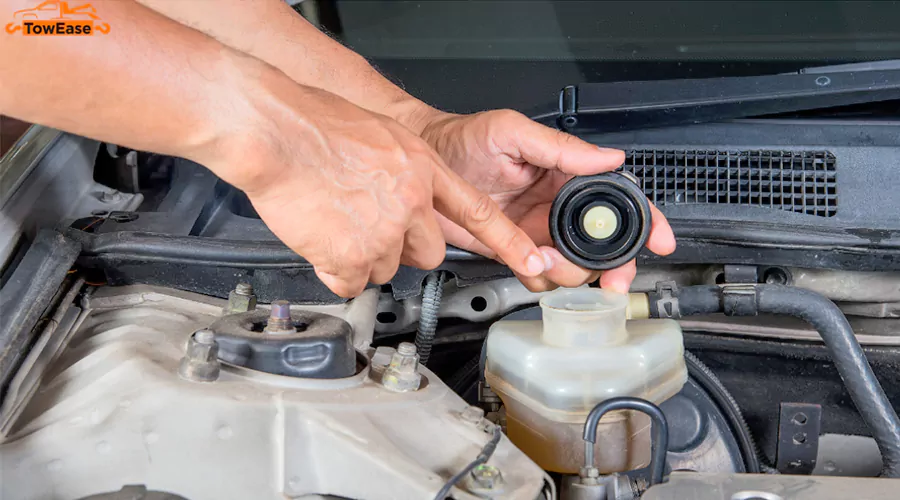
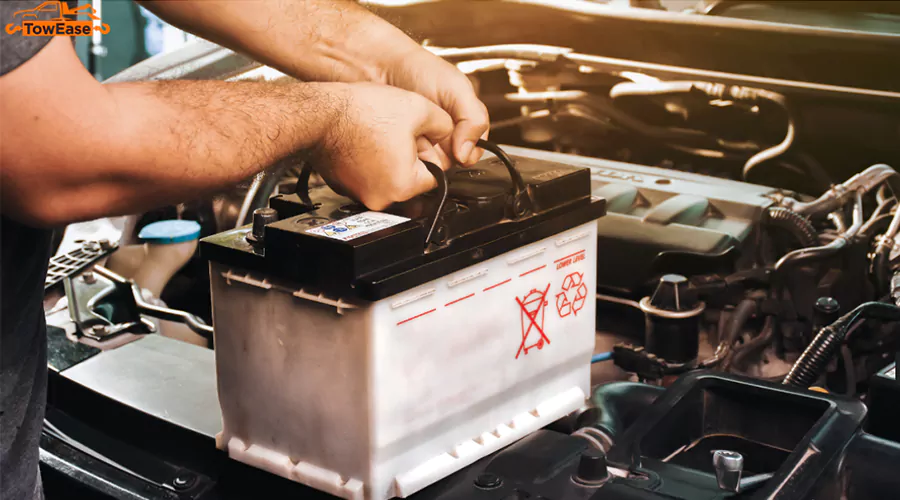
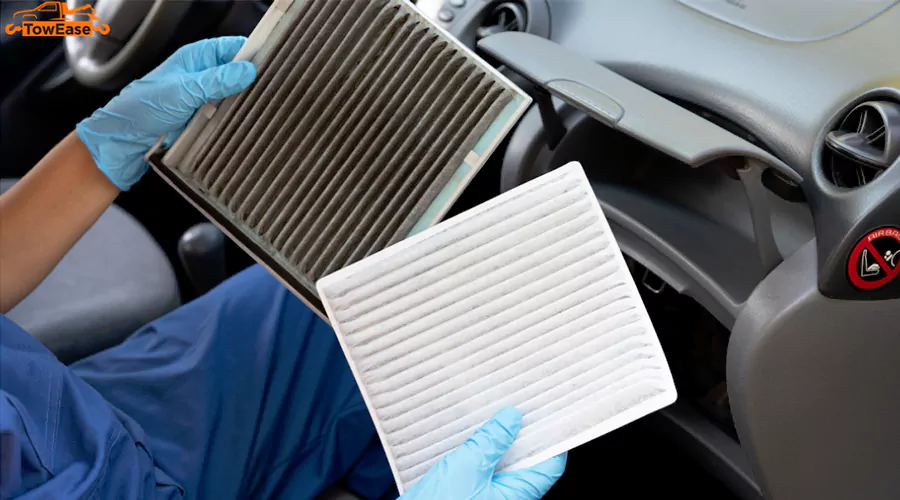
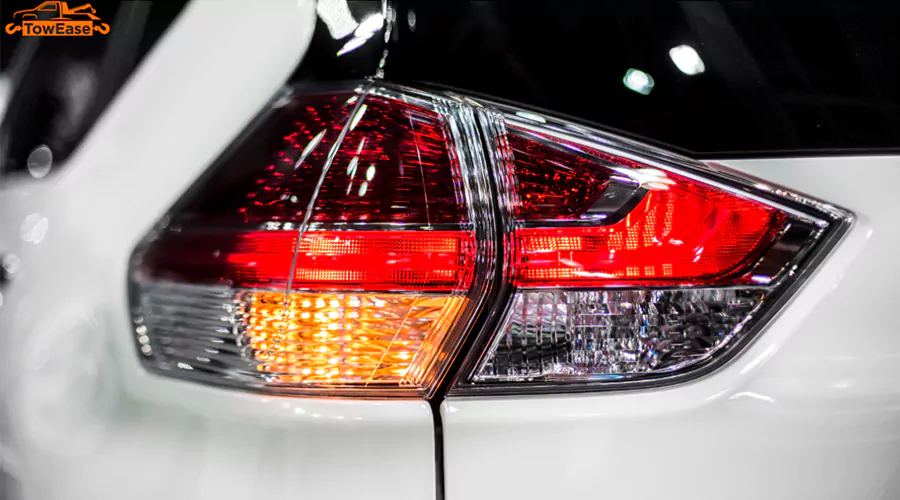
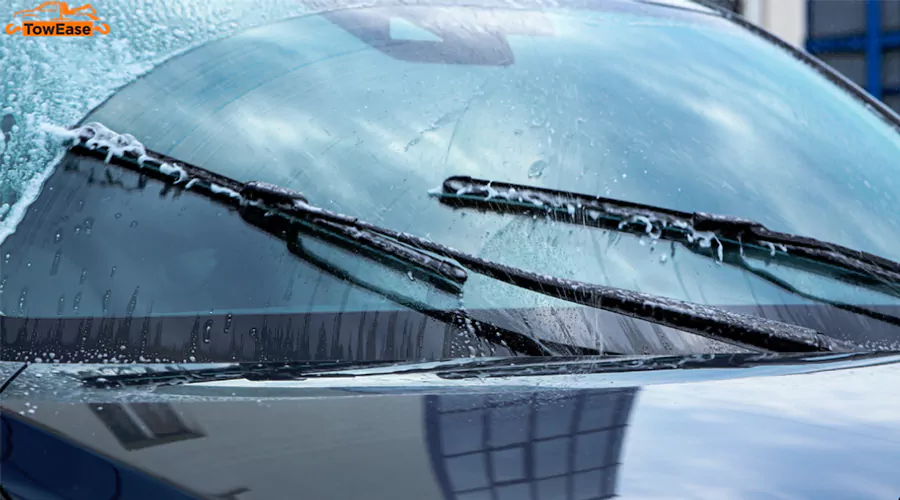
Maintenance of vehicles is important in as much as it helps in safety, performance and durability of the vehicles. If you are consistent with your duties and fix problems as they arise, you will have a more efficient and dependable ride and spend less money. Just as you need to maintain your body to stay healthy, you need to maintain your car to keep it running efficiently and safely.
Frequently Asked Question
Top Rated Towing Company
© TowEase | All Rights Reserved.
Powered by: SEO Perfect Mass Location Page Generator